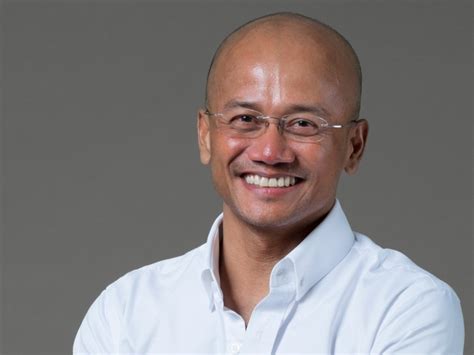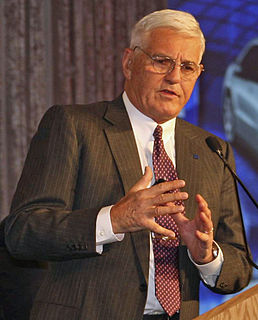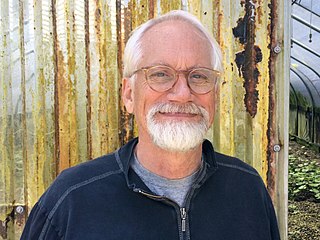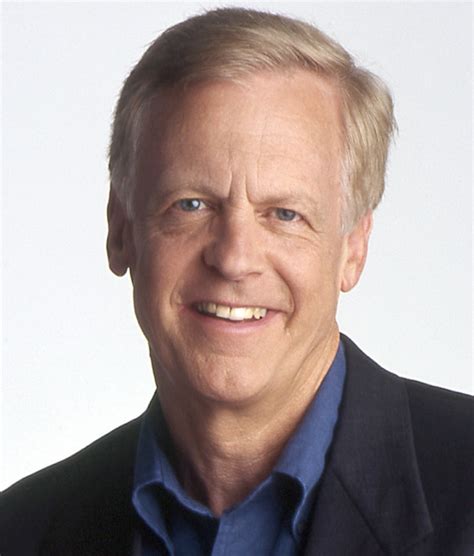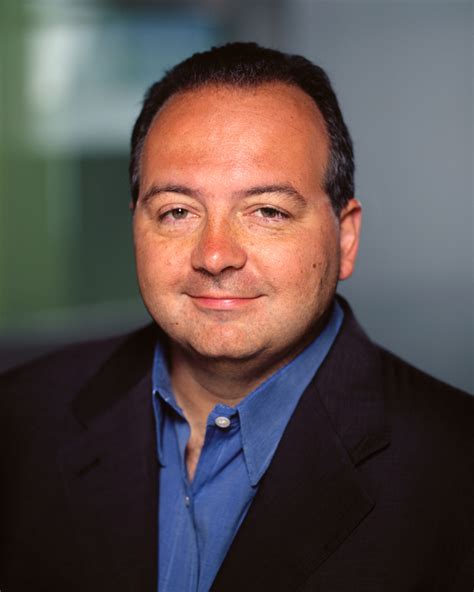A Quote by Craig R. Barrett
I don`t think this has been fully understood by the United States... If you look at India, China and Russia, they all have strong education heritages. Even if you discount 90 percent of the people there as uneducated farmers, you still end up with about 300 million people who are educated. That`s bigger than the U.S. work force.
Related Quotes
A decade ago, critics suggested biotech crops would not be valuable in the developing world. Now 90 percent of farmers who benefit are resource-poor farmers in developing countries. These helped alleviate 7.7 million subsistence farmers in China, India, South Africa, the Philippines from abject poverty.
What democratic socialism is about is saying that it is immoral and wrong that the top one-tenth of 1 percent in this country own almost 90 percent - almost - own almost as much wealth as the bottom 90 percent. That it is wrong, today, in a rigged economy, that 57 percent of all new income is going to the top 1 percent. That when you look around the world, you see every other major country providing health care to all people as a right, except the United States.
Look at Germany where 20 percent of the labor force is in manufacturing compared to about 8 percent in the United States. Germany pays a lot more conscious attention at the level of the federal government to attracting and keeping manufacturers in Germany. So this is something that other countries do that the United States has not historically done.
Even in areas like the most depressed region of India in terms of female education, namely Rajasthan, which has [one of] the lowest female literacy [rates] in India. Even there, 80 to 90 percent of the parents would like their girls to go to school. And indeed, about 80 percent would like them to be made compulsory.
















